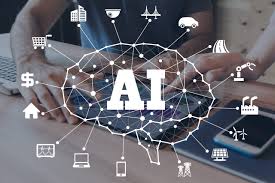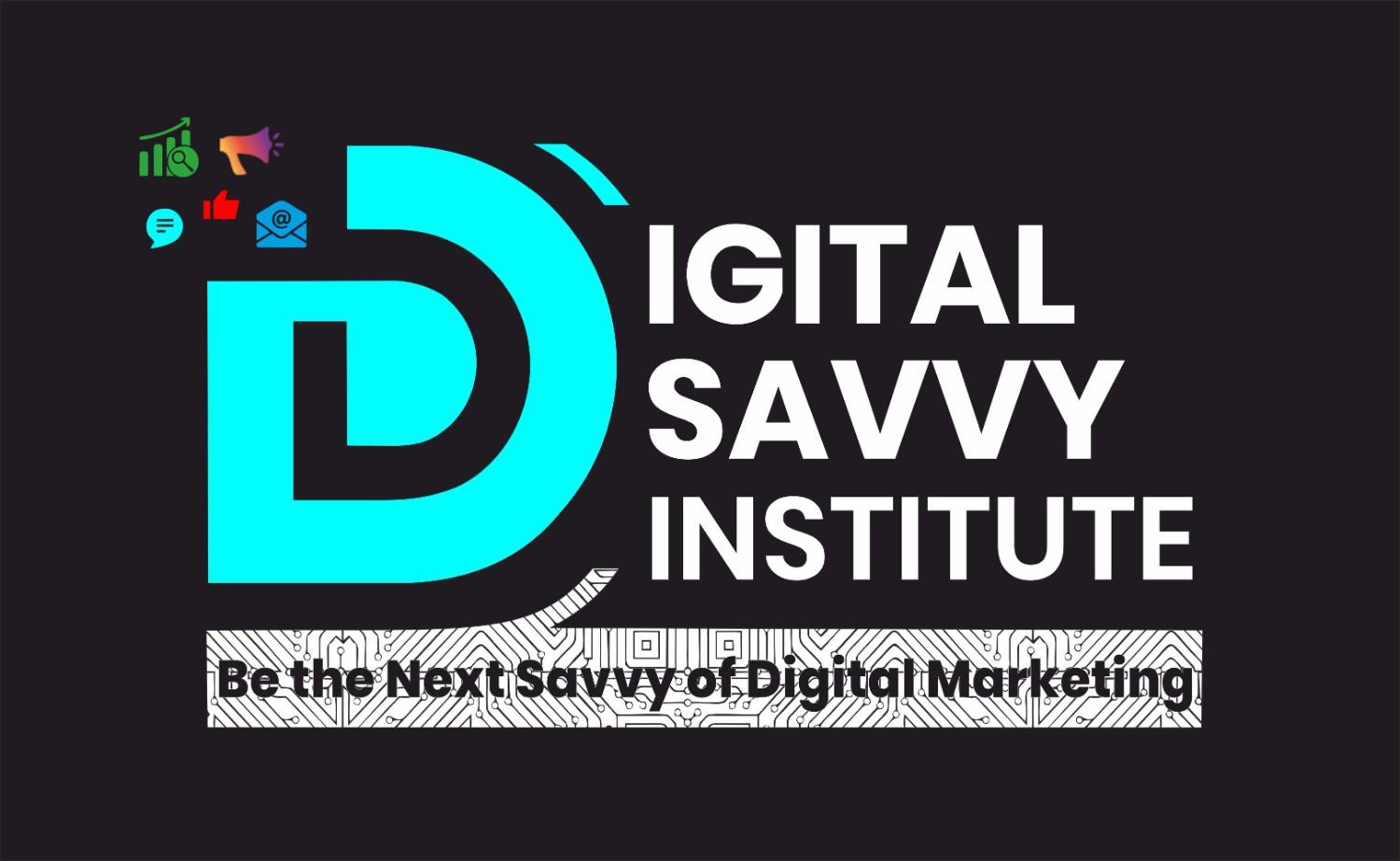AI in Digital Marketing – Your Ultimate Step-by-Step Guide

Understanding AI in Digital Marketing
AI refers to the simulation of human intelligence through machines to perform responsibilities such as getting to know, reasoning, trouble-fixing, and selection-making. In virtual advertising, AI leverages statistics, algorithms, and system mastering to predict customer behavior, automate repetitive obligations, and decorate patron engagement.
By processing large amounts of records in actual time, AI enables entrepreneurs to make knowledgeable choices, create personalized content, and improve the general efficiency in their campaigns.
Key Benefits of AI in Digital Marketing
Personalization at Scale
AI allows businesses to tailor marketing messages to individual users based on their preferences, behaviors, and browsing history. This level of personalization fosters stronger connections and drives conversions.Enhanced Customer Experience
Chatbots, virtual assistants, and AI-driven customer support ensure round-the-clock assistance, creating seamless interactions that boost customer satisfaction.Improved Data Analysis
AI tools analyze large datasets faster and more accurately than humans. This provides insights into market trends, customer preferences, and campaign performance.Automation of Repetitive Tasks
AI-powered automation tools handle mundane tasks like email marketing, social media scheduling, and ad placements, freeing up marketers to focus on strategy and creativity.Cost Efficiency
By automating processes and targeting the right audience, AI reduces wastage of resources and maximizes ROI.
AI Applications in Digital Marketing
Content Creation and Curation
AI tools like ChatGPT can generate blog posts, social media captions, and product descriptions efficiently. Additionally, AI curates content tailored to audience preferences, ensuring relevance and engagement.Predictive Analytics
Predictive analytics tools use AI to forecast future trends and customer behaviors. This helps marketers anticipate needs and stay ahead of competitors.Chatbots and Virtual Assistants
Chatbots powered by natural language processing (NLP) provide instant customer support, guide users through their journey, and recommend products or services.Programmatic Advertising
AI automates ad buying in real time, ensuring that ads reach the right audience at the right time and optimizing ad spend.Search Engine Optimization (SEO)
AI-powered SEO tools analyze search trends, optimize content, and suggest keywords to improve website rankings on search engines.Email Marketing
AI personalizes email campaigns by analyzing user behavior, segmenting audiences, and recommending optimal send times to increase open and click-through rates.Visual and Voice Search Optimization
AI enhances visual search tools, allowing users to search using images. It also optimizes content for voice search, catering to the growing popularity of voice-activated devices.
AI-Powered Tools for Digital Marketing
Chatbots
Tools like Drift, Tidio, and LivePerson use AI to provide real-time customer service and enhance user engagement.Content Generators
Platforms like Jasper, Writesonic, and Copy.ai help marketers create high-quality content tailored to their audiences.SEO Tools
AI-driven tools like SEMrush, Moz, and Clearscope optimize websites for better visibility and traffic.Customer Relationship Management (CRM)
Tools like Salesforce and HubSpot use AI to predict customer behavior, segment audiences, and personalize communication.Ad Platforms
Google Ads and Facebook Ads Manager leverage AI for programmatic advertising, audience targeting, and performance tracking.Analytics Tools
AI tools like Tableau, Looker, and Google Analytics analyze data to provide actionable insights and improve campaign effectiveness.
Challenges of Implementing AI in Digital Marketing
Despite its benefits, imposing AI in digital advertising and marketing comes with demanding situations:
- Data Privacy Concerns :The series and evaluation of consumer statistics can enhance ethical and felony questions, particularly with regulations like GDPR and CCPA in region.
- High Initial Costs :Investing in AI tools and infrastructure may be highly-priced for small corporations.
- Complexity and Learning Curve : Adopting AI calls for technical understanding and schooling, which can be a barrier for some groups.
- Over-Reliance on Automation :While AI automates many methods, human oversight is important to maintain creativity and authenticity in campaigns.
Best Practices for Leveraging AI in Digital Marketing
Start Small and Scale Gradually
Begin with AI tools that address specific needs, such as chatbots or email automation, and expand as you gain confidence.Prioritize Data Privacy
Ensure compliance with data protection laws and adopt transparent practices to build trust with your audience.Combine AI with Human Creativity
Use AI to enhance, not replace, your creative strategies. AI can provide insights, but human creativity adds the emotional appeal needed to connect with audiences.Continuously Monitor and Optimize
Regularly review AI-driven campaigns to identify areas for improvement and ensure they align with your goals.Invest in Training
Equip your team with the skills to manage and optimize AI tools effectively.
Future of AI in Digital world
As technology advances, the role of AI in digital marketing will continue to expand. Emerging trends include:
Hyper-Personalization
AI will deliver even more personalized experiences by integrating data from IoT devices, social media, and wearables.Augmented Reality (AR) Marketing
AI-driven AR tools will enable interactive and immersive brand experiences.Predictive Content Creation
AI will predict the type of content users want to consume, enabling marketers to stay ahead of demand.Ethical AI Practices
As concerns about AI ethics grow, businesses will prioritize responsible AI use, balancing innovation with accountability.
Conclusion
AI is not just a buzzword but a transformative force reshaping digital marketing. By leveraging AI’s capabilities, businesses can create more effective campaigns, deliver exceptional customer experiences, and achieve unparalleled growth.
However, success with AI requires a strategic approach—balancing automation with human creativity, addressing privacy concerns, and continuously adapting to technological advancements. Whether you’re a seasoned marketer or a newcomer, embracing AI in digital marketing is no longer optional; it’s essential for staying competitive in today’s digital-first world.

